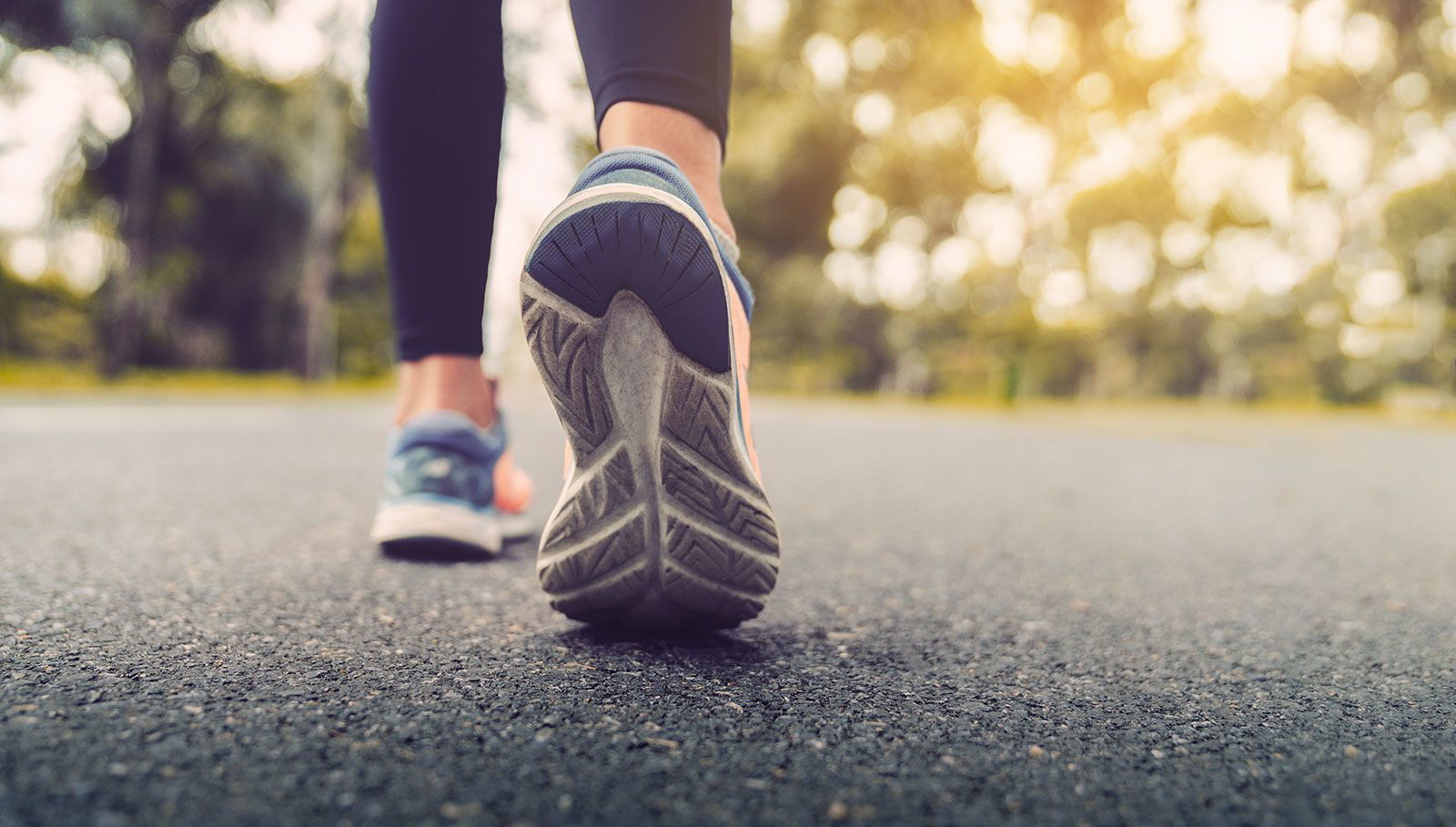Fast walking is a key to longevity, research shows

Practice good walking form and conscious breathing to get the most benefits from fast walking.
By Gina Park, CNN
(CNN) — Too busy to go to the gym? Don’t worry — you can stay healthy by incorporating at least 15 minutes of fast walking into your everyday routine, new research suggests.
In general, it’s recommended that people commit to 150 minutes of moderate activity per week to see sufficient health benefits, said Dr. Wei Zheng, the study’s corresponding author. But if 150 minutes is too difficult to manage, fast walking a minimum of 15 minutes every day can have the same health benefits.
Zheng and a team of researchers recruited mostly low-income and Black study participants from 2002 to 2009, according to the study published in the American Journal of Preventative Medicine. The nearly 85,000 participants were given a comprehensive questionnaire about their exercise habits, average time spent working out, walking speed and health. Then the participants complete a questionnaire about 16 years later, and the analysis began in 2023.
We know “fast walking is good compared to slow walking,” but there isn’t much research on how many minutes you should spend fast walking on average, said Zheng, director of the Vanderbilt Epidemiology Center and the Anne Potter Wilson Professor in Medicine at Vanderbilt University Medical Center in Nashville, Tennessee.
On average, study participants who fast walked for at least 15 minutes every day saw a nearly 20% reduction in premature death compared with a 4% reduction among participants who walked slowly for a total of more than three hours a day.
“We’ve actually known for quite a long time that walking speed correlates with outcomes, meaning the faster you walk, the better you do. And it certainly makes sense, because you can imagine, somebody who’s in really bad shape is probably not going to be able to walk very quickly,” said Dr. Andrew Freeman, director of cardiovascular prevention and wellness at National Jewish Health in Denver. He was not involved in the study.
How walking can impact your health
Walking has health benefits, such as managing weight and sugar intake, reducing risk of cancer, easing joint pain, and boosting immune function.
Health experts “know that when people are exercising regularly, blood vessels can relax and dilate a bit better. And then we also know that exercise is quite good for cholesterol, so it seems to lower cholesterol, and then overall, it reduces the risk of cancer and things that would otherwise hurt people,” Freeman said.
Walking daily can also lower risk of dementia or cognitive decline in people predisposed to developing Alzheimer’s, according to recent research.
Engaging in daily physical activity, such as walking, promotes better sleep and reduces inflammation, which improves brain structure, according to the Piedmont Medical Center in South Carolina.
“I want to emphasize that these exercises, no matter slow or fast, all confirm some benefit,” Zheng said. “But what we find is that fast walking as little as 15 minutes a day confirms substantiated benefits.”
Fast walking has been found to have specific benefits, such as decreasing risk of heart failure, arrythmias and type 2 diabetes.
“(T)he thought is that exercise has a very big effect on blood pressure, as you may know, and blood pressure, it is one of the more exponential risk factors that we have, for roughly every 20 points blood pressure goes above 120 (what is considered normal or healthy), the risk of a cardiac event roughly doubles,” Freeman said. “So, it’s a super potent and exponential risk factor, and we know that regular exercise lowers that.”
Get your heart pumping
In general, you can tell you’re fast walking when you’re able to talk but not sing, according to the United Kingdom’s National Health Service.
Alternatively, you can increase your walking pace by a couple of steps and track it with a metronome, according to a July study.
“I usually recommend that they get up before work, and they go for a brisk walk or a bike or a swim, or they do some high-intensity interval training, whatever it is that they’re into,” Freeman said. People can go to “a rec center, or they walk outside, if it is safe, or whatever it may be, and just weave it into their day.”
Following good walking form, such as standing tall with your shoulders back and swinging your arms, can help prevent backaches, make it easy to breath and keep you balanced.
“Walking is a full body movement. It is not just about your lower body. It’s not just one step in front of the one foot in front of the other,” said Dana Santas, a certified strength and conditioning specialist and mind-body coach in professional sports, in a previous article.
“Your arm swing is a huge part involved in the mechanics of walking. So, you want to have an arm swing that’s coordinated with your foot movement, so it’s opposing,” she added.
Want to take it up a notch? When doing any form of exercise, try to practice conscious or nasal breathing, which is when you inhale through your nose and exhale through your mouth. This helps regulate blood pressure and can prevent hypertension, according to Santas.
The-CNN-Wire
™ & © 2025 Cable News Network, Inc., a Warner Bros. Discovery Company. All rights reserved.



